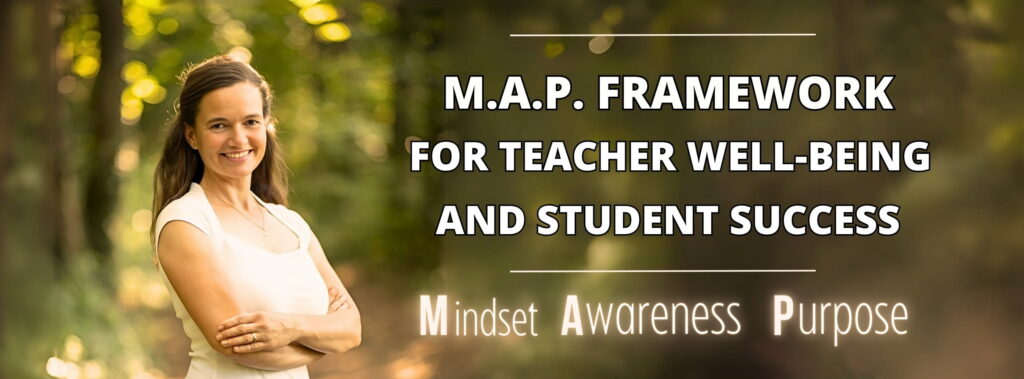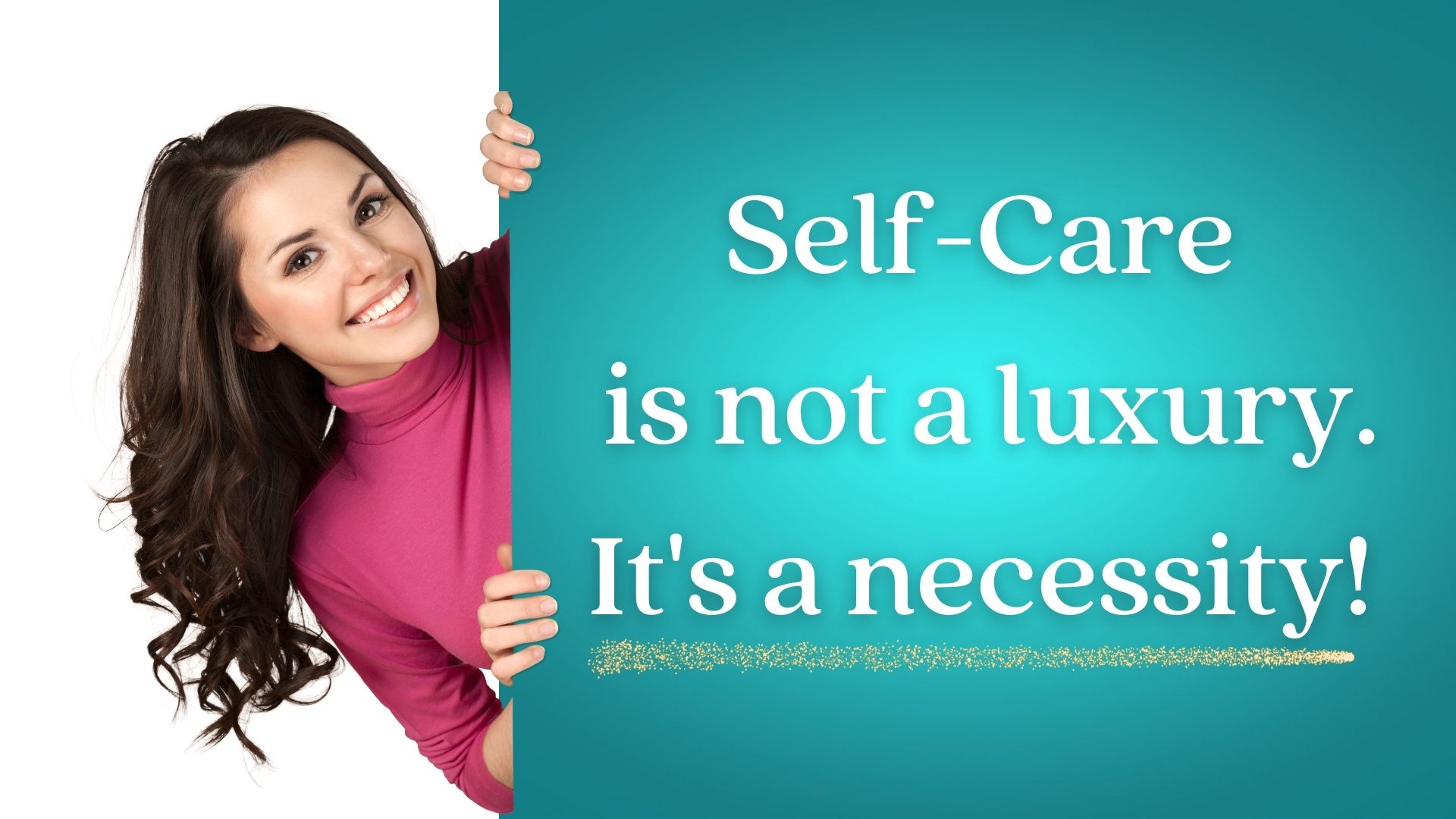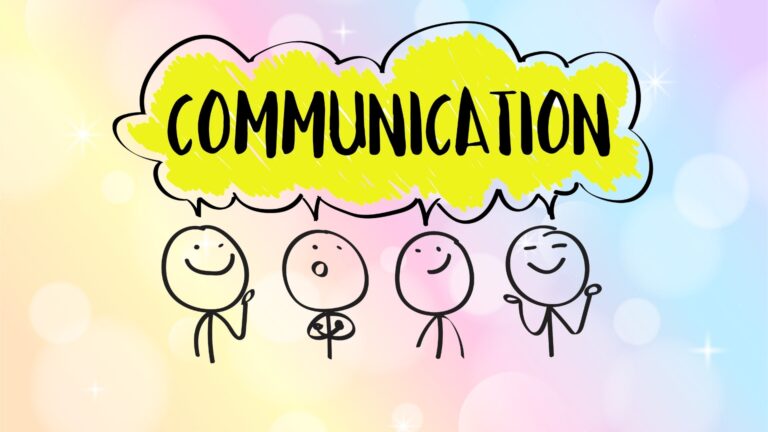How Can Early Childhood Educators Best Take Care of Themselves?
Self-care is essential for maintaining physical, mental, and emotional well-being, and early childhood educators should make sure to carve out time for activities that help them relax and recharge.
Some key ways that early childhood educators can take care of themselves include:
1. Prioritizing self-care
Teaching is a challenging but rewarding profession. Every early childhood educators should engage in regular self-care activities and make their own well-being a priority. You should make sure to set aside time for yourself to relax, recharge, and engage in activities that you enjoy. This can help prevent burnout and maintain your overall well-being.
2. Eating well and staying hydrated
Eating a healthy, balanced diet and staying hydrated can help early childhood educators feel their best and maintain their energy levels.
3. Getting enough sleep
Getting enough sleep is essential for physical and mental health. Early childhood educators should aim for 7-9 hours of sleep per night to feel rested and refreshed.
4. Engaging in activities that bring joy and relaxation
Teaching can be a stressful profession, so it’s important for early childhood educators to find healthy ways to manage stress, such as through meditation, deep breathing, activities that bring joy and relaxation, such as hobbies, creative pursuits, can help early childhood educators recharge and rejuvenate after a long day of teaching.
5. Cultivating supportive relationships
Building strong, supportive relationships with friends, family, and colleagues can provide a sense of community and connection, which can help early childhood educators feel more fulfilled and less isolated in their work.
6. Setting boundaries and practicing self-compassion
It is important for early childhood educators to set boundaries and take care of themselves, both mentally and emotionally. Practicing self-compassion, which involves being kind and understanding toward oneself, can help early childhood educators manage the stresses of teaching and maintain a healthy work-life balance.
7. Exercising regularly
Regular exercise can help improve physical and mental health, and can be a great way for early childhood educators to reduce stress and maintain their energy levels.
8. Reducing the incoming information
You don’t need to know everything. Turn of your devices at certain hour everyday and spend some time with your loved ones or with yourself.
Taking care of themselves should be a priority for early childhood educators, as it can help them be more effective, happy, and fulfilled in their careers.

The Benefits of Early Childhood Educators Self-care
Some of the key benefits of teachers Self-care include:
- Improved teaching skills: By engaging in regular self-care activities, teachers can learn new skills and strategies that can help them become more effective in the classroom.
- Increased job satisfaction: teachers feel more fulfilled and satisfied in their careers, which can lead to increased job satisfaction.
- Better classroom management: when teachers needs are met, they much more effectively manage their classrooms, which can lead to a more positive learning environment for students.
- Improved student outcomes: Teachers who take good care of thenselves are more likely to be effective in their roles, which can lead to improved student outcomes.
- Increased confidence and self-esteem: teachers feel more confident and self-assured, which can benefit not only their professional lives but also their personal lives.
Self-care can help early childhood educators improve their skills, feel more fulfilled in their careers, and ultimately have a positive impact on their students.


Klavdija Svet, author of Elevate to Educate
Elevate your teaching skills and stay ahead of the curve! Receive our monthly Insights, packed with professional development opportunities, classroom inspiration, and the latest trends in education. Don’t miss out on the chance to take your teaching to the next level. Subscribe now!







